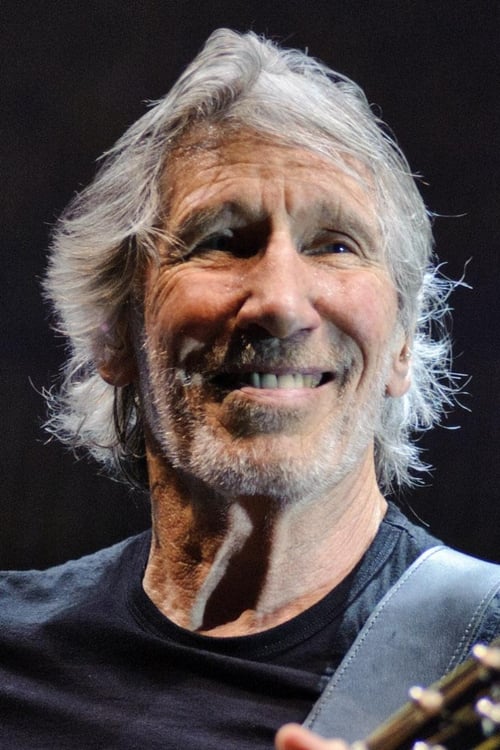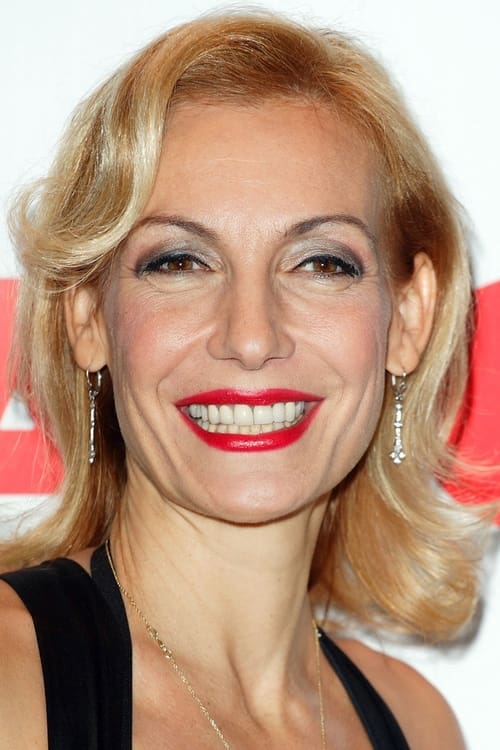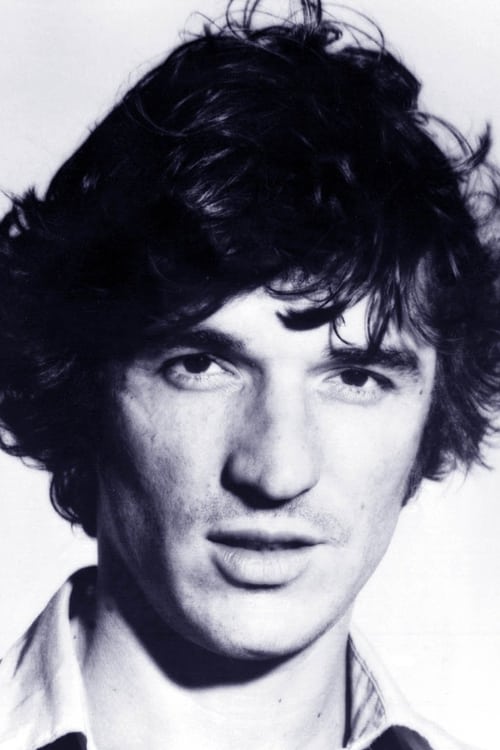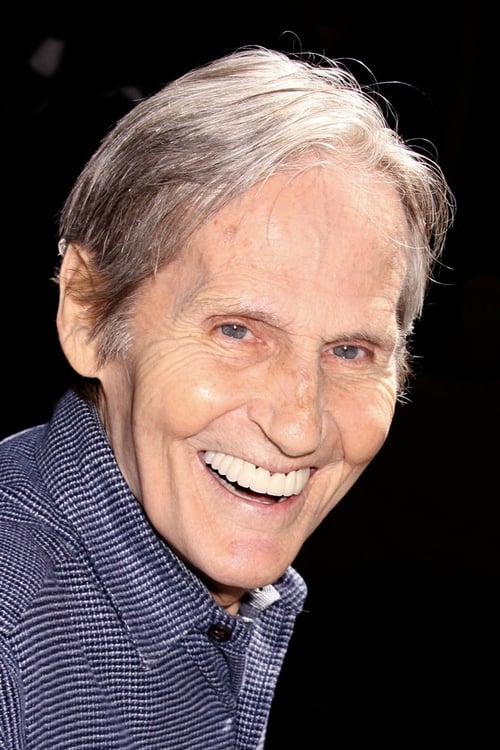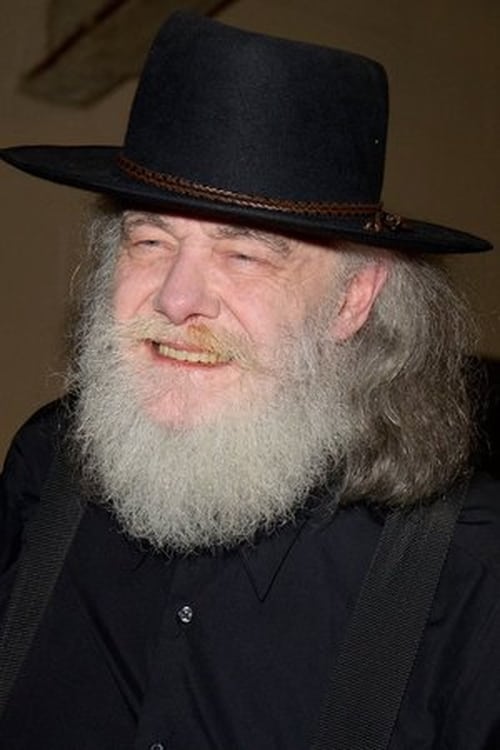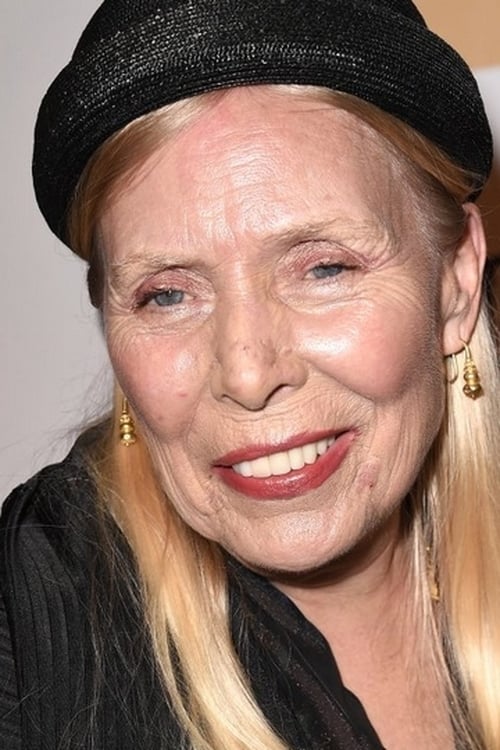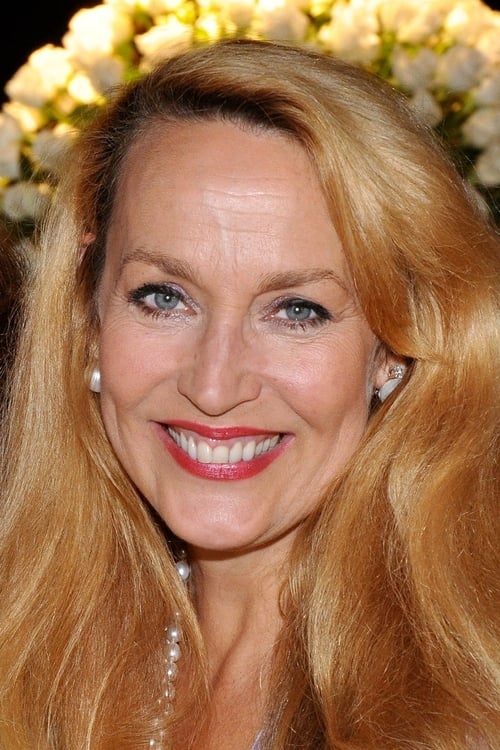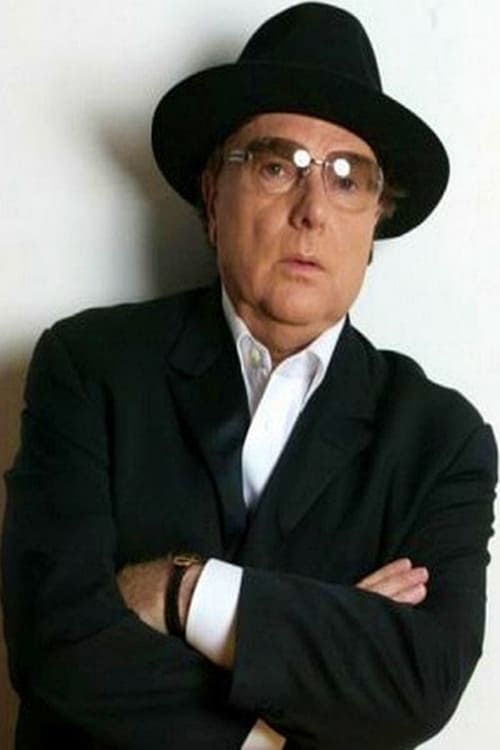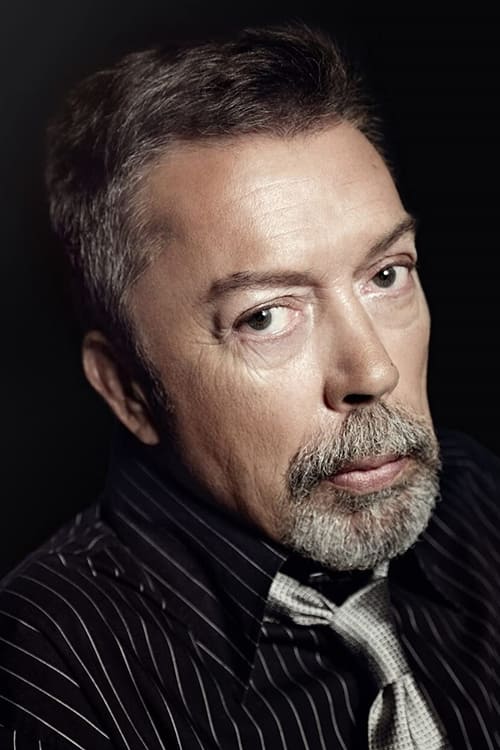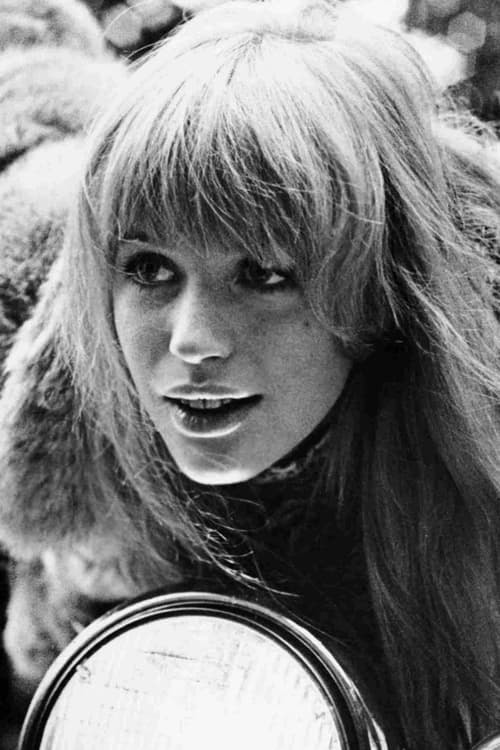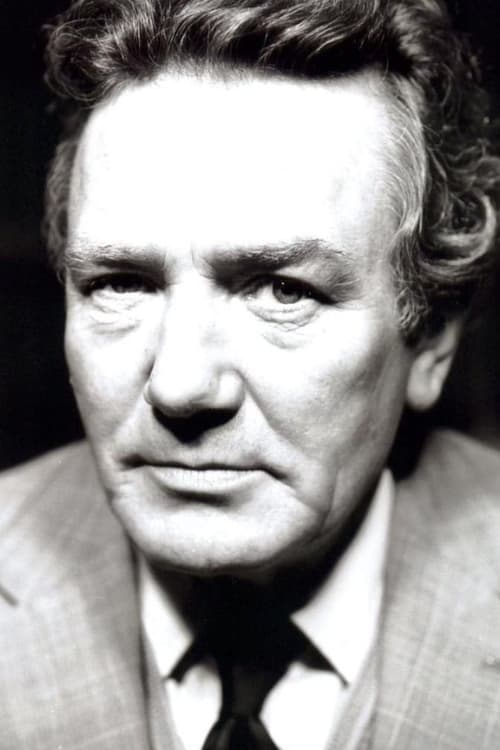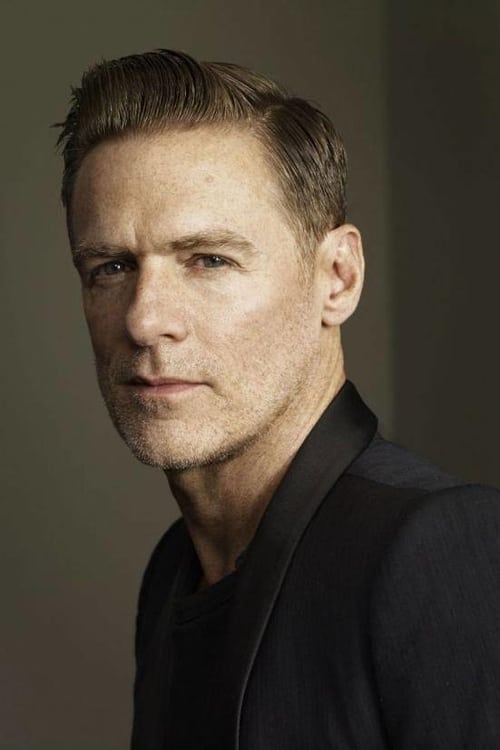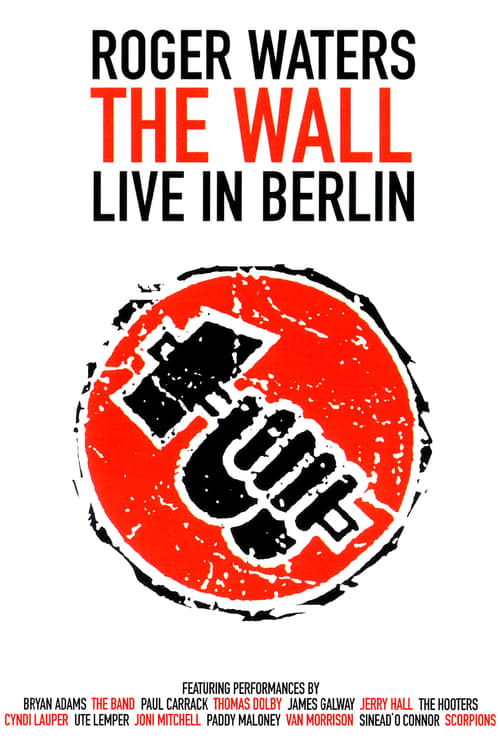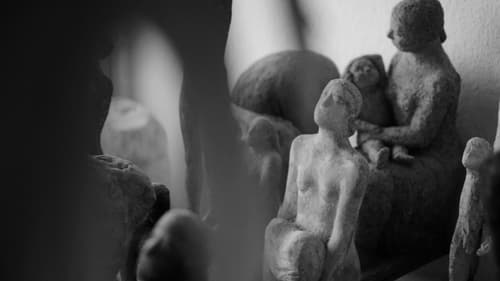Roger Waters: The Wall - Live in Berlin (1990)
Genre : Music
Runtime : 1H 55M
Director : Ken O'Neill
Synopsis
A global television broadcast of the event in which former Pink Floyd leader singer and composer Roger Waters led an all-star cast in a mammoth benefit performance of his acclaimed concept album, The Wall. Set in Berlin, Germany less than a year after the destruction of the hated Berlin Wall, Waters was accompanied by disparate talents such as Cyndi Lauper, James Galway, Joni Mitchell and Albert Finney in the classic dark musical tale of a rock star's descent into madness and back.

Since the end of World War II Berlin is divided in the American, Russian, British and French sectors. Still in the beginning of 1961 citizens can move freely between the sectors. But Berlin is a city, which has two different political and economic systems, and the difference becomes increasingly striking. While West Berlin has political liberty and growing wealth, East Berlin is socialistic and much poorer. 50.000 inhabitants live in East Berlin but work in West Berlin, and pass the border every day. More than 10.000 persons emigrate from East Berlin to find a better future in West. East Germany is bleeding out. A rumor says that the regime in the East is planning to build a wall through Berlin, but on a press conference on 15 June 1961 the East German leader Walter Ulbricht denies this. Two months later, 13 August 1961, the wall is built in a hurry.

On 3 October 1990 DDR stopped existing as a state and became the Federal Republic of Germany. The past had been overturned. The new had not yet taken shape. The rejoicing over the fall of the Berlin wall. The bitterness and shame when the doors opened to cabinet of horrors at Stasi. Uncertainty and worry about the future. Everyone's battle against everyone for survival. In the form of a travelogue, freelancing journalist Rainer Hartleb depicts all the mixed feelings that flow from the country that no longer exists.
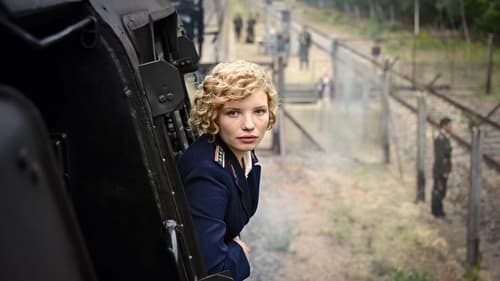
August 13, 1961: The passengers on the interzonal train from Munich to East Berlin learn 3½ hours before crossing the border that the Wall is being built in Berlin. They have 3½ hours to make a life-changing decision: to get off the train or keep going.

Two angels, Damiel and Cassiel, glide through the streets of Berlin, observing the bustling population, providing invisible rays of hope to the distressed but never interacting with them. When Damiel falls in love with lonely trapeze artist Marion, the angel longs to experience life in the physical world, and finds -- with some words of wisdom from actor Peter Falk -- that it might be possible for him to take human form.
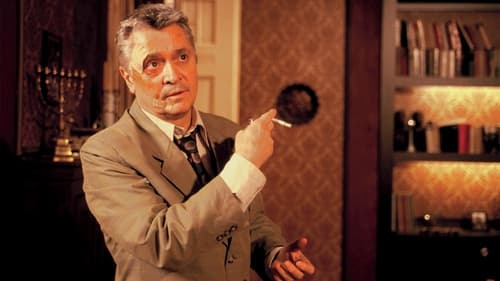
Germany director Dani Levy filmed this comedy about Jewish life in today’s Germany along side the familiar east-west conflict. With it great success this film is a joyful comedy of humor and knowledge.
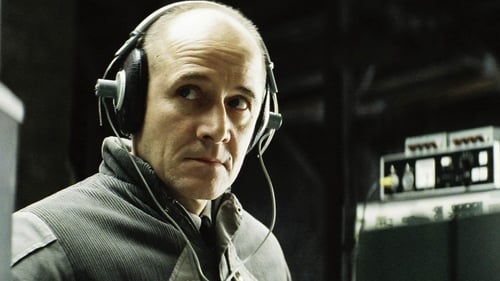
In 1984 East Berlin, an agent of the secret police, conducting surveillance on a writer and his lover, finds himself becoming increasingly absorbed by their lives.
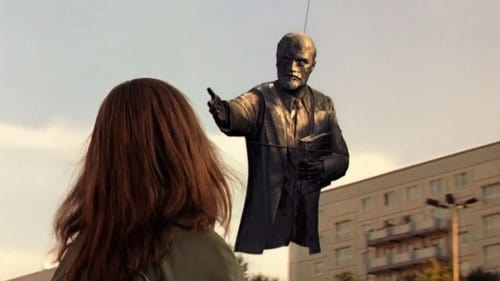
Alex Kerner's mother was in a coma while the Berlin wall fell. When she wakes up he must try to keep her from learning what happened (as she was an avid communist supporter) to avoid shocking her which could lead to another heart attack.
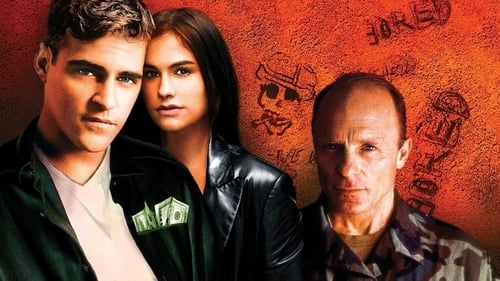
A criminal subculture operates among U.S. soldiers stationed in West Germany just before the fall of the Berlin wall.
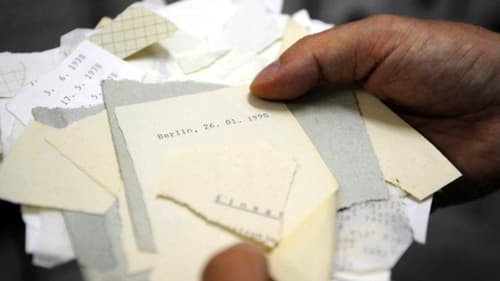
After the fall of the Berlin Wall, thousands of documents were hastily shredded by the dreaded GDR political police. 16,000 bags filled with six million pieces of paper were found. Thanks to the meticulous work of technology, the destinies of men and women who had been spied on and recorded without their knowledge could be reconstructed.

On August 13th, 1961 - the night that the Berlin Wall goes up - three people must make a decision that will change their lives forever.
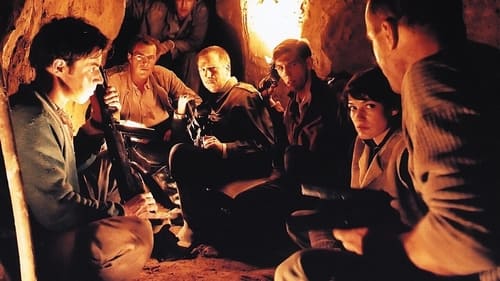
Inspired by true events, Olympic swimmer Harry Melchior defects from East Germany in the 1960s and hatches a daring plot to help his sister and others flee East Berlin through a 145-yard underground tunnel.
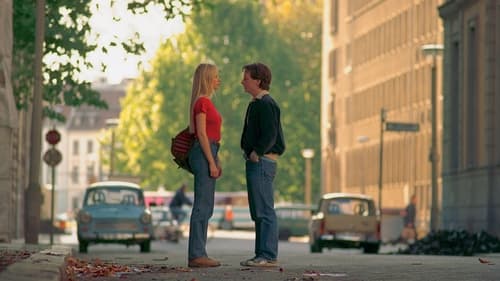
18-year-old school boy Helmut falls in love with fellow pupil Britta. He starts working for a Peace movement to get to know Britta. Britta, however, suddenly moves to San Francisco to live with her father and whilst there, finds a new boyfriend. Helmut studies, literature and politics in his home town and have a relationship with another girl from his former school, now studying medicine at the same university but they break up after having an affair with her roommate. Helmut begins a lot of short affairs with different women but still searches for his first girl.
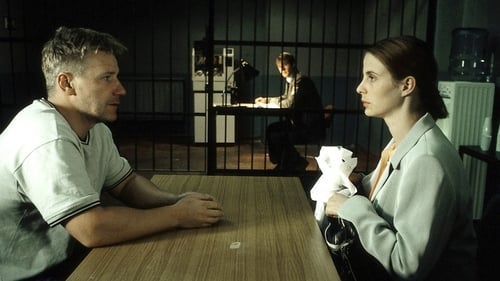
When Martin, a former GDR citizen, is released from jail, he lately becomes confronted with the consequences of the German re-unification.

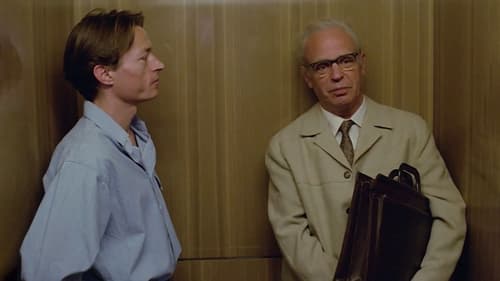
The architect Daniel Brenner is in his late thirties when he receives his first challenging and lucrative commission: to design a cultural center for a satellite town in East-Berlin. He accepts the offer under the condition that he gets to choose who he works with. This way, he reunites with former colleagues and friends - most of them architects or students of architecture who have since chosen a different profession due to personal restraint or economic confinement. Together, they develop a concept which they hope will be more appealing to the public than the conventional and dull constructions common to the German Democratic Republic. However, their ambitious plans are once and again foiled by their conservative supervisors. As frustration grows, Daniel has trouble keeping his career in balance with his family-life: his wife Wanda wants to leave for West-Germany.
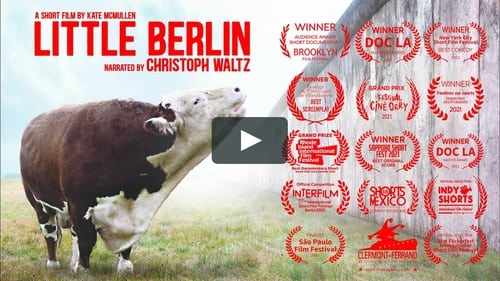
When the Iron Curtain cuts his tiny German village in half, Peter the bull gets separated from his 36 cows. Based on a true story narrated by Christoph Waltz.
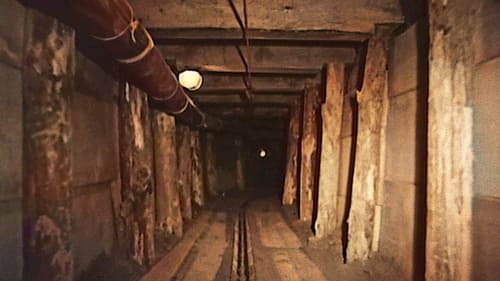
13 August 1961: the GDR closes the sector borders in Berlin. The city is divided overnight. Escape to the West becomes more dangerous every day. But on September 14, 1962, exactly one year, one month and one day after the Wall was built, a group of 29 people from the GDR managed to escape spectacularly through a 135-meter tunnel to the West. For more than 4 months, students from West Berlin, including 2 Italians, dug this tunnel. When the tunnel builders ran out of money after only a few meters of digging, they came up with the idea of marketing the escape tunnel. They sell the film rights to the story exclusively to NBC, an American television station.
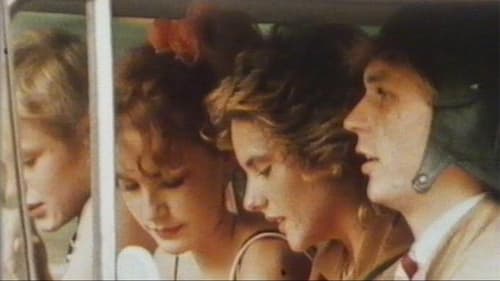
A simple story of young people in the West Berlin of 1982.

August, 1961: in an East Berlin jazz club, dissident Andreas, released from jail, awaits reunion with old friends - but their world is about to change.

